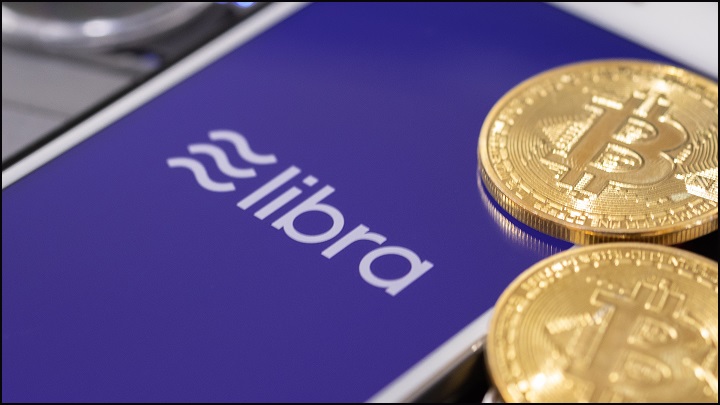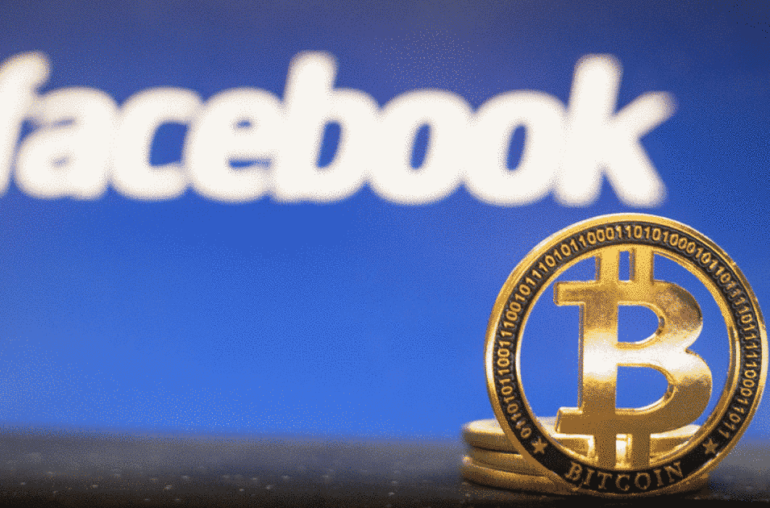Facebook’s Libra has caused quite a stir since its launch announcement in June 2019. US lawmakers have asked Facebook to halt their plans immediately until Congress examined the risks that Libra coin poses to consumers. Executives from the House Financial Services Committee urged top Facebook executives in an open letter to “immediately agree to a moratorium on any movement forward” on Libra. US Lawmakers cited Facebook’s prior controversies on privacy, trading, security and monetary policy concerns.
What is Libra Coin?
Earlier in June 2019, Mark Zuckerberg introduced Libra, Facebook’s Coin. Libra is a native coin for several apps including Facebook. Facebook has also announced its Calibra wallet initiative, a wallet for storing Libra coins and enabling P2P transactions on Whatsapp and FB messenger.
However, Libra itself will be supported by a variety of traditional fiat currencies. On the one hand, this makes Libra stable, and on the other, it is not a cryptocurrency in the original sense of the word.
Libra can be bought against fiat currencies and used for payments across Facebook’s apps. The currency will be issued by a non-profit association, of which Facebook is a member, based in Switzerland. Twenty-seven partners including popular names from the industry like MasterCard, Visa, PayPal and Uber are involved.
Unlike traditional cryptocurrencies, Libra coin will not be subject to significant market volatility.
In addition, Libra cryptocurrency price is supposed to be supported by fiat currencies across the globe. As some of the most stable currencies, Euro and USD should provide stability for Libra cryptocurrency price as well.
The Libra Network can potentially reach millions of users that use WhatsApp messengers (over 1 billion users), Facebook Messenger (over 1.2 billion) and Instagram (1 billion).
Facebook Messenger’s existing payment feature faces the inconvenience of the banking system and settlement of transactions can take up to 5 days. Several intermediaries have access to user accounts. And Libra is expected to expedite this and remove the intermediaries.
What is the Calibra Wallet?
After announcing the revolutionary currency ‘Libra Coin’, Facebook shared plans for Calibra, a newly formed subsidiary to provide financial services to participants in the Libra network. When Facebook announced ‘Libra Coin’ there was speculation around Facebook exercising control over the Libra network and the announcement of Calibra as an entity separate from Facebook has distilled the fear. Calibra will introduce a digital wallet for Libra and it will be available in Messenger, Whatsapp and on the Libra app, to be launched in 2020.
What problem does it solve?
Libra coin by Facebook is seemingly a combination of Bitcoin and PayPal, only that it just another new digital currency available to people without bank accounts or credit cards for transactions. With a simple internet connection, it will be easy to seamlessly exchange value among peers. It also focuses on the fact that basic financial and banking services are still out of reach to most citizens of underdeveloped and third world countries. Nearly 70% of small businesses in these countries suffer due to a lack of available credit and high remittance fees. Calibra digital wallet will make credit and outward remittance available to these users through a simple app, with or without an internet connection.
Just like existing payment solutions, in time Calibra will also offer services like paying the bill, retail spending and buying local bus and train tickets. Facebook has announced that services of Calibra will be available on messaging apps of Facebook such as Whatsapp and Messenger. Whatsapp had rolled out payments for select users before, and it was quick and seamless for users. Facebook plans to take it one step further with their Libra coin. Using the Calibra app will also require users to complete their Know Your Customer (KYC) formalities.
Apart from retail users, Calibra digital wallet will also accept payment from institutional and corporate users. Currently, Calibra only supports P2P payments using the internet. In-store and POS payments will also be introduced in the future.
How does Libra pose a threat to the Banking System?
A centralized bank has its power vested in interest rates and lending. Central banks also buy and sell bonds and derivatives. Changes in interest rate are governed by monetary policy and are reflected on the bank’s earnings and their loans. This influences economic activity and inflation. With Libra coin, most funds will move towards digital payments and this would undermine the role of banks as lenders. Banks have earned by lending money to users for education, buying real estate or vehicles and all of this will be revolutionized by the introduction of digital wallets.
It is a fact that the central Government still exercises control over monetary policy by collecting taxes in fiat currency. In that respect, it could be an overstatement to suggest that Libra poses a threat to the important role of central banks in keeping economies stable through monetary policy.
There is a recurrent concern that Libra coin could be used for money laundering. Facebook had ambitious projects in the past to start and secure lending and payments for its users. This project was stalled and now Libra coin’s launch has made the crypto community hopeful.
Besides the regulators taking a hostile approach towards Libra coin, Facebook is keen on developing this cryptocurrency which in turn bolsters the credibility of Bitcoin. Potentially, Facebook’s Libra coin could play a key role in the mass adoption of digital assets and payments. Experts believe that Facebook is set out to create just another swiss bank with no real value proposition.



